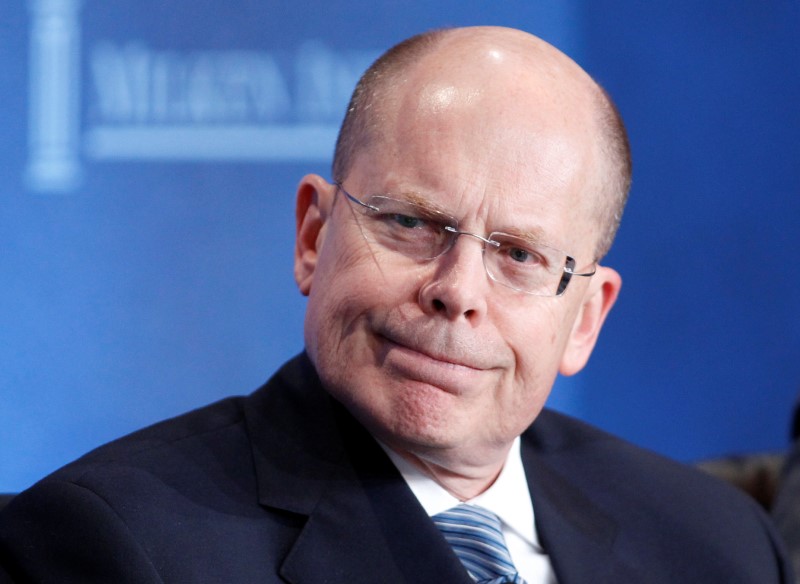(Reuters) - UnitedHealth Group Inc (N:UNH), the largest U.S. health insurer, reported a better-than-expected quarterly profit, driven by its pharmacy benefit management business, medical cost control and raised its full-year earnings forecast.
The insurer's results comes after a second attempt to pass a healthcare legislation in the Senate collapsed late on Monday, with U.S. President Donald Trump calling for an outright repeal of Obamacare and others seeking a change in direction toward bipartisanship.
Last year, UnitedHealth pulled out of the 2017 Obamacare individual exchanges and took charges for the plans. The insurance, which was set up as part of former President Barack Obama's health reform law, had higher cost members than expected last year and many insurers lost money.
UnitedHealth, which sells employer-based insurance as well as Medicare and Medicaid plans, said net earnings attributable to shareholders rose to $2.28 billion, or $2.32 per share, in the second quarter ended June 30, from $1.75 billion, or $1.81 per share, a year earlier.
Excluding items, UnitedHealth earned $2.46 per share, beating average estimate of $2.38, according to Thomson Reuters I/B/E/S.
Mizuho Securities USA analyst Sheryl Skolnick said UnitedHealth 'means' outstanding execution, but this quarter seems particularly good.
Revenue from its Optum business, which manages drug benefits and offers healthcare data analytics services, rose about 10 percent to $22.67 billion.
Total revenue rose 7.7 percent to $50.05 billion, largely in line with estimates.
The insurer said its withdrawal from Obamacare individual markets, combined with the health insurance tax deferral, reduced second-quarter revenue by about $1.8 billion and lowered revenue growth rate by 4.5 percent.
The company said medical care ratio of 82.2 percent increased 20 basis points year-over-year, as a 150 basis point increase from the health insurance tax deferral was offset by an improved business mix, product performance.
Medical ratio is the amount an insurer spends on medical claims compared with the insurance premiums that it brings in.
That the medical care ratio has been well controlled recently, especially since the exit from the exchanges ... makes us even more comfortable that the company is years ahead of peers, Skolnick wrote in a note.
The company raised its forecast for 2017 net earnings to $9.20 to $9.35 per share and adjusted net earnings to $9.75 to $9.90 per share.

UnitedHealth had earlier forecast earnings of $9.10 to $9.30 per share and adjusted earnings of $9.65 to $9.85 per share.